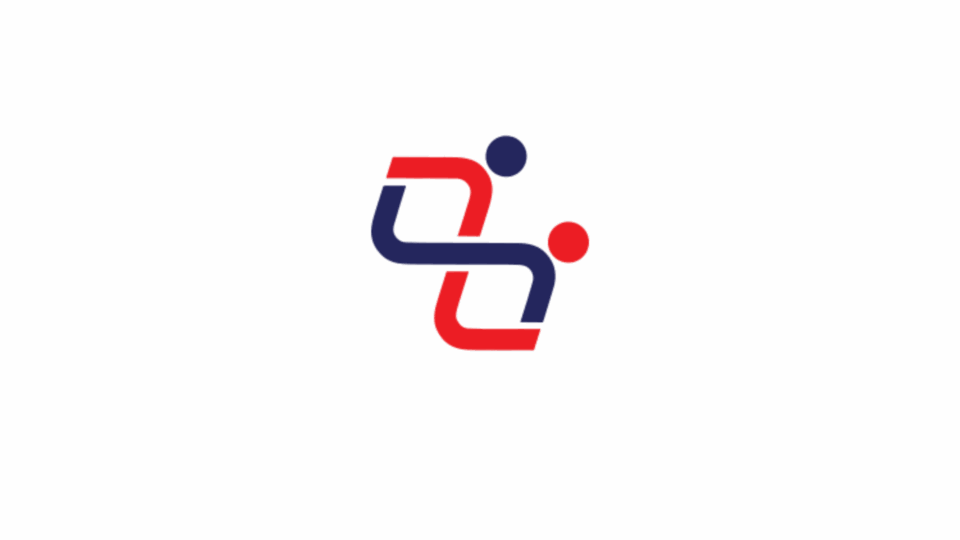Challenges facing trans and key population communities
Across Eastern Europe and Central Asia, trans communities have something in common: systems of oppression that fail them, laws that erase their existence and policies that deny the care they need the most.
For many, legal gender recognition is impossible due to restrictive requirements such as sterilization or psychiatric diagnoses imposed to trans and gender diverse communities. In some countries, trans people remain legally invisible and some even face outright persecutions. In 2024, Russian laws to ban “LGBT propaganda”, affected both minors and adults, and classified the “international LGBT movement” as an extremist movement. These legal frameworks promote environments of more discrimination and violence against trans people.
Barriers to healthcare, including HIV services, also persist. Denial of gender-affirming care, absence of trans-inclusive health policies, and healthcare discrimination continue to leave many without access to HIV prevention, testing, or treatment. Stigma is one of the major factors driving people away from medical services, increasing health disparities.
As elsewhere, far-right and anti-gender agendas are fueling legislative rollbacks, cutting funding, and weakening protections for trans-led advocacy. These dynamics put community organizations under more pressure while increasing vulnerability among already marginalized populations. The consequences are real: in 2022 alone, 508 cases of human rights violations against LGBTQI people were recorded in 8 countries within the region. These violations range from physical assaults to psychological abuse, often perpetrated with impunity.
Impact on trans communities
Eurasian Key Populations Network (EKPC) emerged as a united response to these systemic barriers. Last year, the network achieved significant milestones that showcase the power of trans and key population community-led initiatives:
1. Expanding the Eurasian Gender Academy
The VIII Eurasian Gender Academy brought together women and gender diverse activists to strengthen leadership, advocacy, and community organizing, becoming a foundation for empowering voices across the region.
“Before joining the Academy, I felt isolated and unsure of how to advocate for my community. The training and support I received empowered me to lead local initiatives, resulting in increased access to health services for transgender individuals in my city.”
— Natalia E., Moldova
Natalia’s testimony illustrates the impact of investing in community leadership to create lasting change.
2. Implementing “Gender and HIV” Programs
Through its Gender and HIV programs, EKPC is addressing gender inequities in HIV services across the region. By promoting gender-sensitive approaches and providing technical support, coaching and capacity building, the initiative has expanded prevention, treatment, and care for trans and sex worker communities, which are too often excluded from national health strategies.
Organizations are now better equipped with gender-inclusive institutional documents and strategic plans to better serve our communities.
3. Creating “Pedal to Gender” Project
“Pedal to Gender” is an awareness-raising campaign that uses community action and visibility to highlight the urgent health needs of key populations. The project has sparked dialogue on gender equality and inclusive healthcare, strengthening solidarity across borders.
Priorities for trans and key populations in EECA region
Over the next three years, EKPC is committed to:
1. Strengthening community leadership and advocacy
Capacitate and well-inform key population advocates at national, regional, and global levels through leadership training to effectively influence policy changes that affect their communities.
2. Combating anti-gender narratives
Develop and implement strategies to counteract anti-gender narratives, including public education campaigns and media collaborations to promote accurate and positive representations of trans and sex worker communities.
3. Expanding access to gender-sensitive HIV Services
Expand access to gender-oriented, sensitive, and transformative HIV prevention, treatment, care, and support services by partnering with civil society organizations to address gender disparities in HIV services and ensure resources are utilized effectively to respond to the gender gap in the HIV global response.
4. Enhancing organizational development
Provide organizational development and core support funding to networks of tuberculosis survivors and key populations, recognizing the intersectionality of health challenges faced by trans and sex worker communities.
In Eastern Europe and Central Asia, trans and gender diverse people are denied basic rights, forced into invisibility by oppressive laws and rising anti-gender rhetoric. We are fighting against a system designed to erase us, demanding justice, recognition, and dignity.” — Emma Poghosyan, Programs Manager, Eurasian Key Populations Coalition
How has GATE strengthened EKPC capacity?
EKPC is now one of the 5 trans-led organizations uniting under the THRIVE Consortium. GATE technical support and resources support EKPC in improving strategic policies, community-led advocacy and service delivery for trans and key populations across the Balkans, Caucasus, Eastern Europe and Central Asia (EECA).
EKPC is also part of GATE’s membership structure, having access to valuable opportunities, resources, and connections to support and amplify their work.
Follow EKPC:





